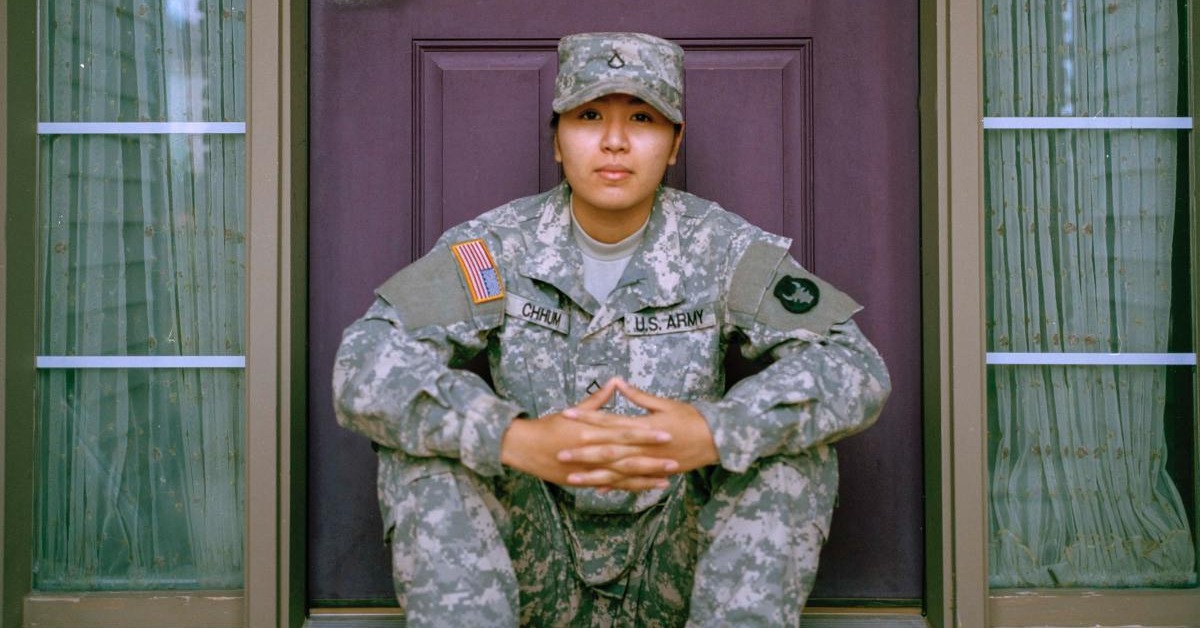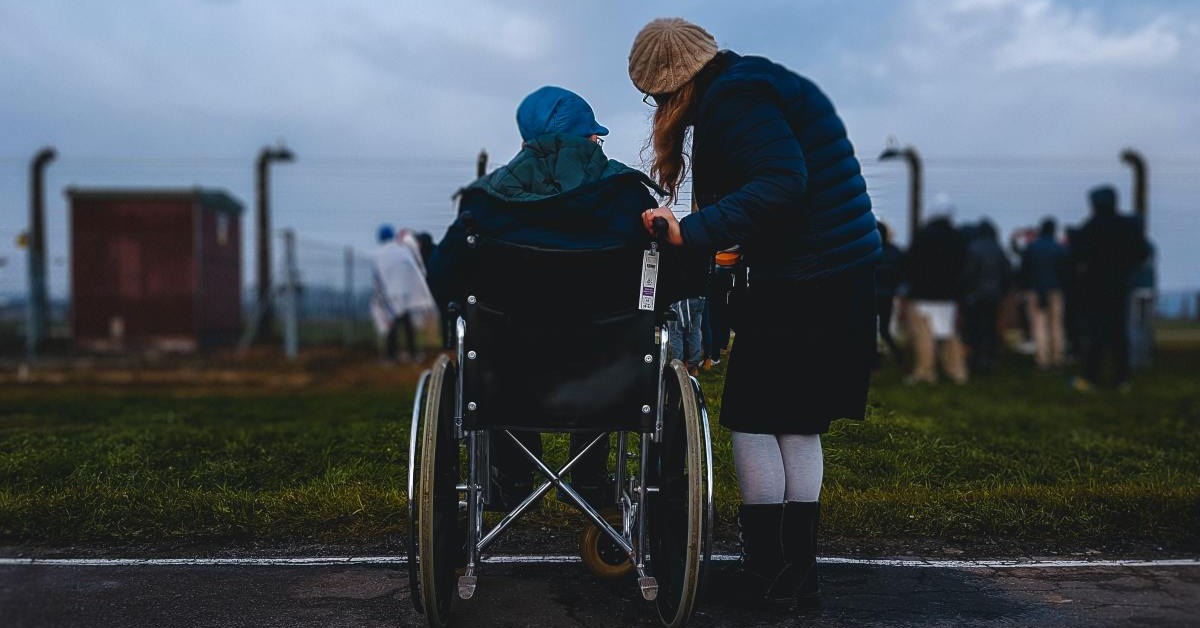
How to Become a Military Social Worker
If you're passionate about improving service members' quality of life [...]

Looking for a career in which you’ll help others overcome societal and personal challenges? We’re here to serve as your GPS on the road to social work success. In this article, we look at the basic requirements for becoming a social worker with a focus on social work credentials and licensing. This article addresses the following questions:
A drive to make lives better lies at the heart of every social work career. Whether you’re working in an impoverished community, a hospital, a school, or a prison, you must commit to making a difference under sometimes-challenging conditions. There are also a couple of significant practical considerations:
Soft skills are crucial for anyone wishing to go into the social work field. They include:
Stress management and self-care are especially important for social workers tackling stressful assignments such as case management and investigations, according to Dr. Michelle Alvarez, associate vice president of program councils at Southern New Hampshire University: “A lot of people with challenges in their own backgrounds want to enter into the social work field to help others. That’s great as long as you remember to take care of yourself first, so you can then take care of your clients.”
| University and Program Name | Learn More |
|
Virginia Commonwealth University:
Online Master of Social Work
|
A jumble of letters identifies different kinds of social workers, with credentials varying among states and territories. Licenses include:
A couple of these licenses (CSW, LBSW) require a bachelor’s degree. Education requirements for the rest include a master’s or doctorate. Some require additional coursework or clinical internships.
Many schools offer both a Bachelor of Social Work (BSW) and a Master of Social Work (MSW). A BSW is not a prerequisite for most MSW programs, according to the U.S. Bureau of Labor Statistics: “Although a bachelor’s degree in almost any field is acceptable, common majors include public policy and social services, psychology, or social science. Recommended coursework includes sociology, economics, and political science.” That said, a BSW can give you a head start on an MSW, allowing you to earn the degree in less than two years.
A degree and license to practice are the core credentials for most social workers, but they’re not the only ones. Credentials may also include supervised experience, certifications, and critical review under the scope of a professional organization such as the National Association of Social Workers (NASW) or the Association of Social Work Boards (ASWB).
Not all credentials are mandatory. Voluntary credentials can boost your skills and enhance your resume.
“Voluntary credentials denote professional commitment and achievement and represent a ‘license plus’ feature of certifying knowledge and experience that meets or exceeds excellence in social work at the national level,” according to the NASW.
Once you’ve put in all the hard work to earn your professional social work credentials, you’re ready to showcase them. There’s a formula for listing credentials in order after your name:
Let’s say you have a postgraduate degree in social work, you’re a licensed clinical alcohol and drug abuse counselor, you’re a licensed independent social worker in Ohio, and you have become a certified clinical alcohol, tobacco, and other drugs social worker through the NASW. In that case, you should list your credentials as Your Name Here, MSW, LCADAC, LISW, C-CATODSW.
As seen above, CSW is an acronym for certified social worker. Behind that designation and acronym lies a series of qualifying steps. For one thing, the designation may depend on where you work: some states certify social workers while others license them.
An MSW is a prerequisite for that social work licensure or certification. From there the process varies from state to state, but typically includes providing proof of education, earning a passing grade on the appropriate ASWB exam (or similar state-sanctioned test), and applying for the credential with your state’s governing board.
As with a CSW, earning a Master of Social Work degree is a prerequisite to earning a license as a licensed master social worker (LMSW). An LMSW serves as a ticket to practice in many states. Once again the process for obtaining this social work license varies from state to state, though the ASWB always administers the qualifying exams.
There are four common steps to getting an LMSW, according to Indeed:
Some states have additional requirements. For example, New York requires licensees to train in identifying and reporting child abuse.
The words license and certification get used interchangeably, but they have subtle distinctions. Both represent a documented level of expertise, but licenses are generally granted by a government agency, usually at the state level. A University of New England blog post explains: “Social work licensure was established by states to protect their residents. Period. A license requires social work practitioners to know and adhere to a code of ethics and conduct. If someone violates these codes, the state can revoke that person’s license or take other disciplinary action.”
Certifications come from professional organizations such as the NASW or ASWB; a college or university; or a private company.
A license is often required to practice social work at a certain level, while a certification represents a voluntarily pursued achievement. Requirements usually include passing an exam and may also include attaining a certain amount of documented professional experience.
The difference between a four-year BSW and two-year MSW boils down to a few key factors:
BSW classes lay a groundwork for any kind of career in social work. At Aurora University in Illinois, for example, key courses in the online BSW curriculum include:
BSW graduates typically start with an entry-level or direct-service job such as case manager, probation officer, or juvenile court liaison. MSW graduates, by comparison, position themselves for clinical practice or leadership posts. An MSW is a prerequisite for becoming an LCSW or LMSW.
Virigina Commonwealth University offers concentrations in clinical social work practice and social work administration, planning, and policy practice. The curriculum include such courses as:
Another example comes from Baylor University in Waco, Texas, which offers the following MSW concentrations:
The NASW lays it out in no uncertain terms: The diplomate in clinical social work (DCSW) stands at the top of the social work heap: “Globally recognized and demanded, the DCSW demonstrates that you have exceptional experience, education, competency, and dedication to the social work profession.”
The DCSW has been around since 1986. Eligibility requirements include:
Other advanced social work certifications include:
An advanced degree pays obvious dividends in social work, according to NASW. A survey of 2017 social work graduates by the National Social Work Workforce Study found that social workers with master’s degrees and doctorates made substantially more than those with no advanced degree. Not surprisingly, people with the most advanced degrees earned the most money.
Among the survey results:
Questions or feedback? Email editor@noodle.com

If you're passionate about improving service members' quality of life [...]

If you're passionate about improving older adults' quality of life [...]

Thinking about a career in social work? Taking a volunteer [...]

Many Doctor of Social Work (DSW) programs offer full-time, part-time, [...]

Career options for DSW graduates are bountiful and varied for [...]
Categorized as: Social Work, Social Work & Counseling & Psychology